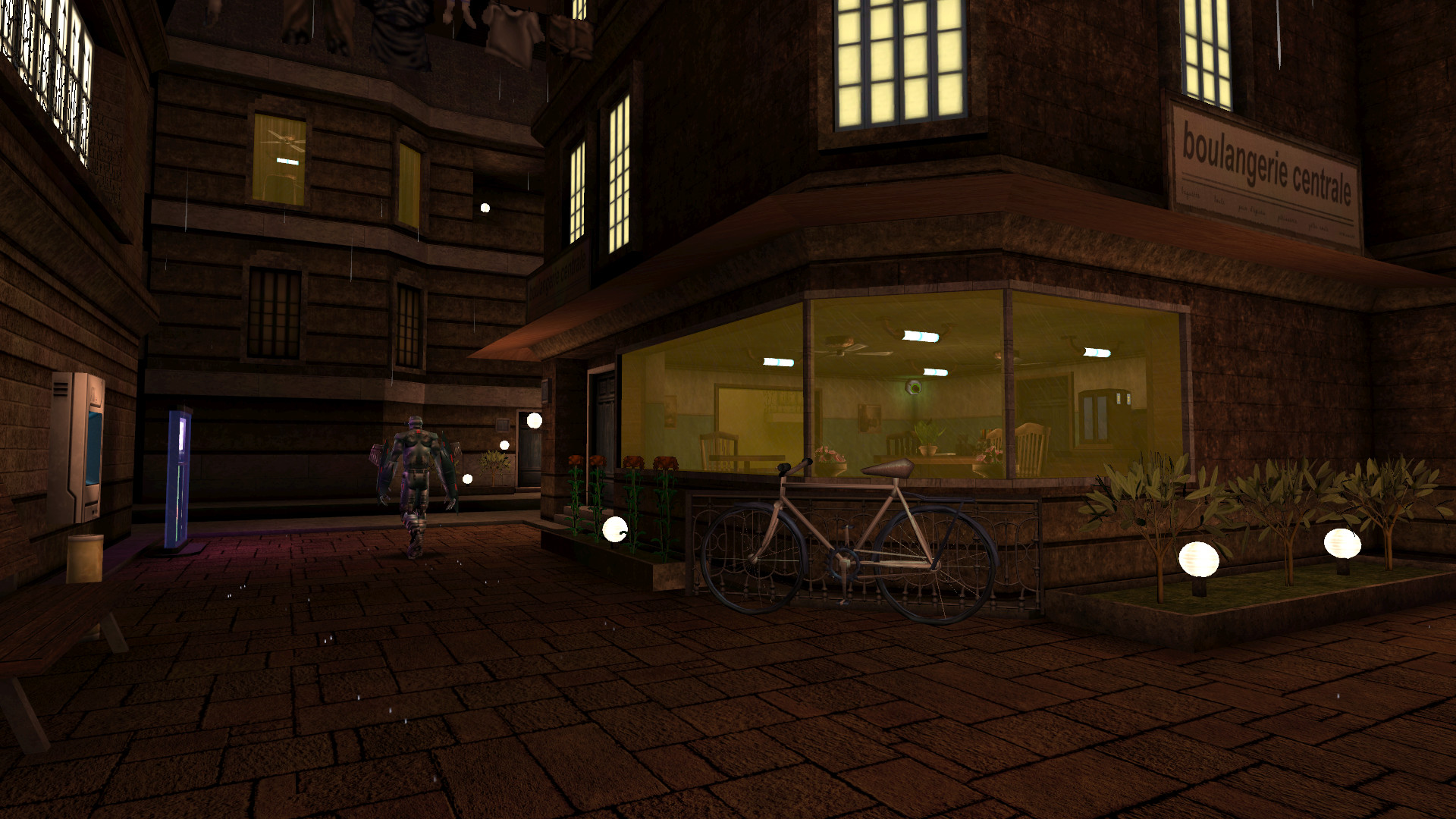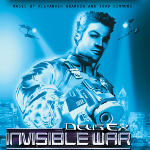


Instead, the soundtrack features subdued sounds and hidden melodies that percolate over time to produce a sense of dystopian near-future complete with cybernetic implants and mechanical oppressive machines. The Deus Ex soundtrack is a quiet, subtle one, lacking in cinematic flair and boisterous orchestral crescendos.

There was a reason I could not remember the music in specific terms, only the atmosphere it generated. After spending more time with the music of Deus Ex, however, I realized its ingenuity: subtlety. Upon first listening to the soundtrack, I was not impressed, and I thought perhaps that my memory had created a falsely perfect conception of one of my favorite games. I couldn’t, but I swore it fit perfectly with the cyberpunk dystopia of the game. You can read our review of the first add-on, The Missing Link, here.Discovering the Deus Ex soundtrack, I tried to recall the game’s music. That story is, of course, still having bits added to it through DLC.

Some of those pieces chosen are “alternate versions that were created for the various advertising trailers for the game” and McCann hopes the album represents the “arc of the game’s story”. The composer was directly involved in the selection process, and says “There were close to 200 pieces of music created for the soundtrack for Deus Ex: Human Revolution and I’ve selected 50 of those cues to create the 25 arrangements on this album”. No bad thing, then, that a 25 track CD (and digital release) of McCann’s work will be released on 15 November through Sumthing Else Music. Deus Ex: Human Revolution was heavy on atmosphere, and a lot of that was down to Michael McCann’s impressive score.


 0 kommentar(er)
0 kommentar(er)
